ABOUT US
Our Vision
We envision a Portland metro community where every neighbor can live with comfort and dignity in a furnished home.
Our Mission
Community Warehouse provides donated furniture and household items to neighbors seeking the comfort and dignity of a furnished home while overcoming adversity.
What We Do
We’re your friendly local furniture bank, serving the Portland area for over 20 years. How does a furniture bank work? In a nutshell, we collect donated home goods, and work with social service agencies to get those goods in the hands of those who need it most.
The stuff you no longer need becomes the solution for a family in need of essential home furnishings. Pretty simple, huh? At Community Warehouse, it’s the simple stuff – the extra dishes, towels, beds, and more – that changes lives.
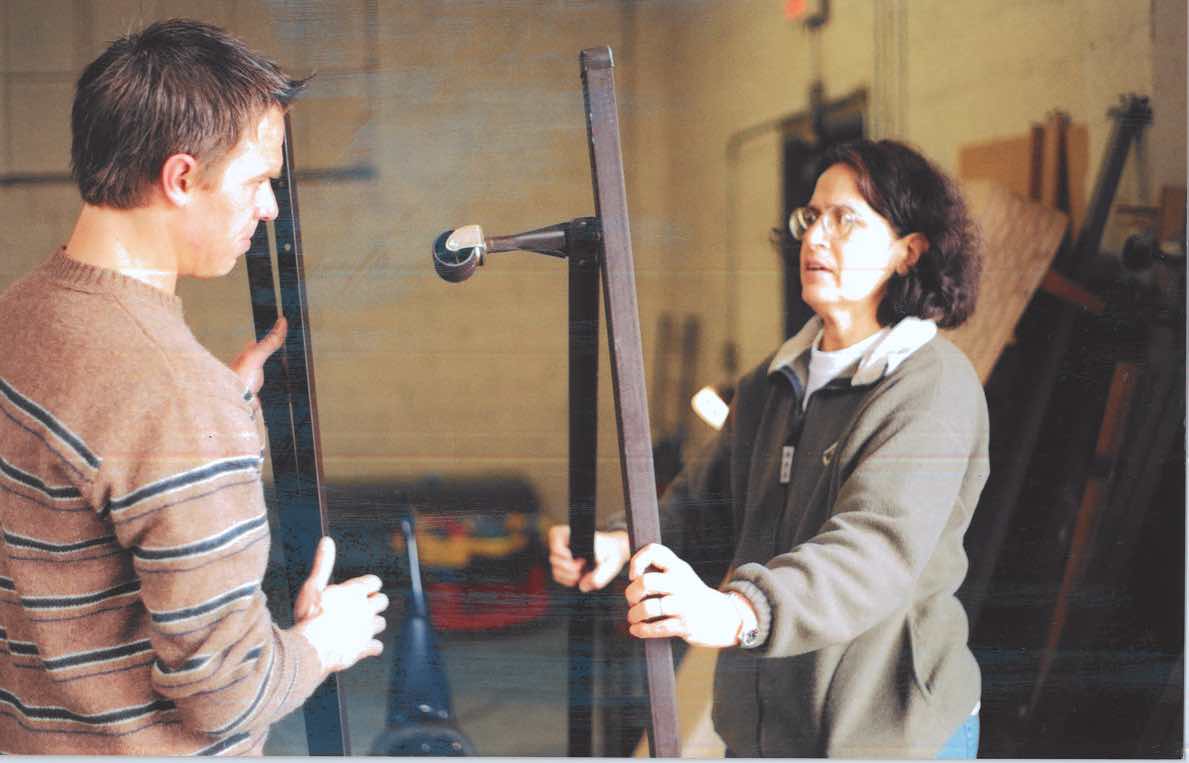
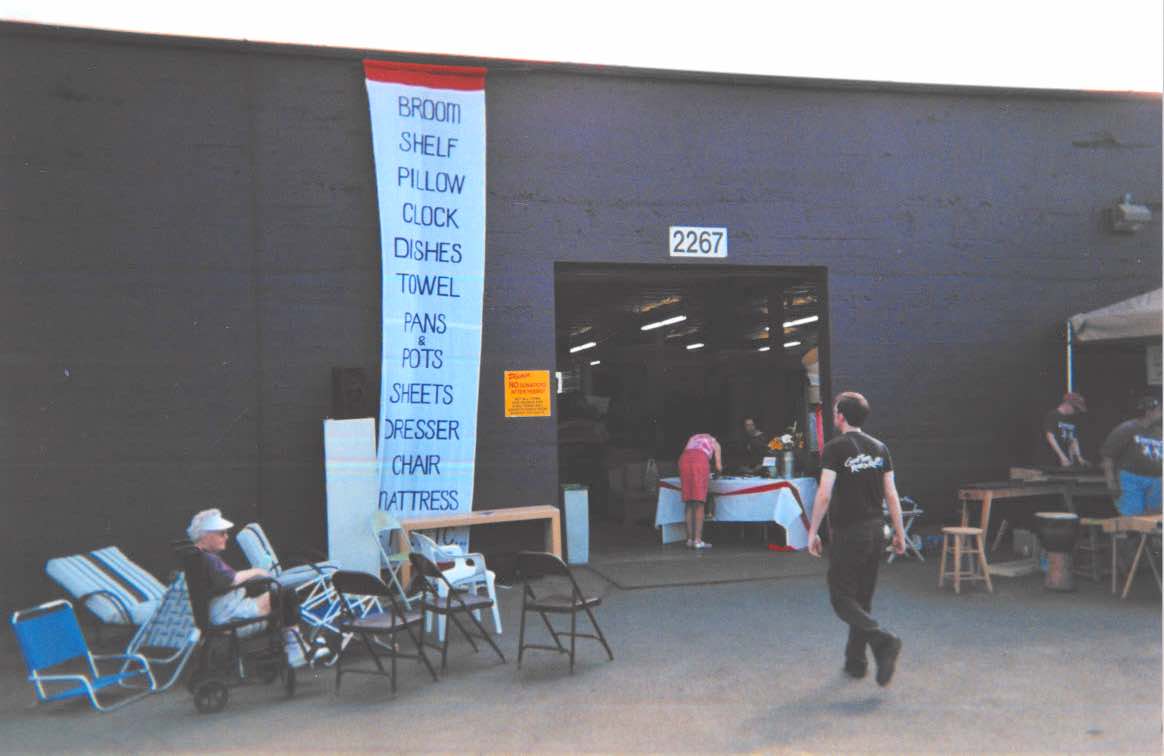
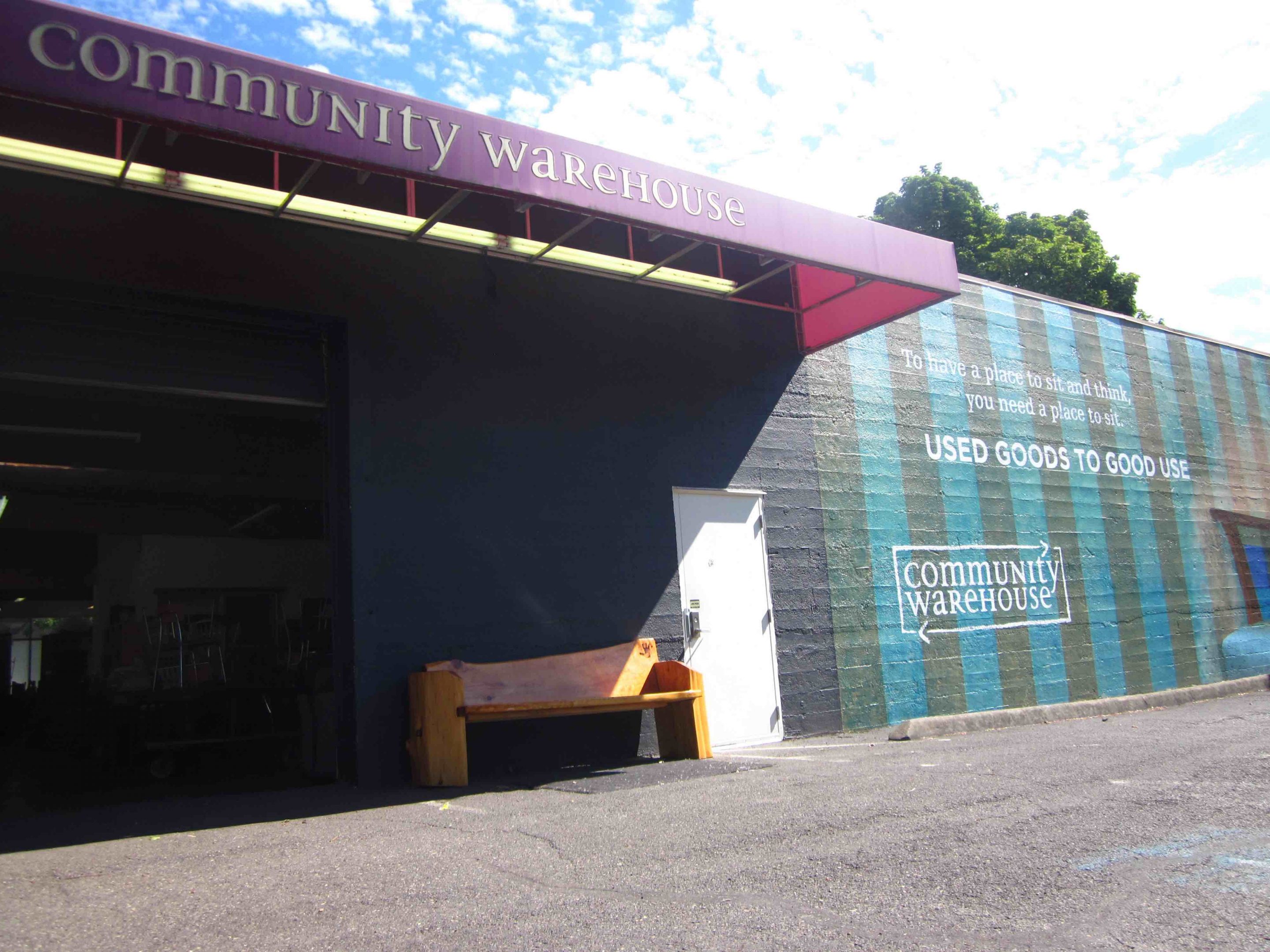
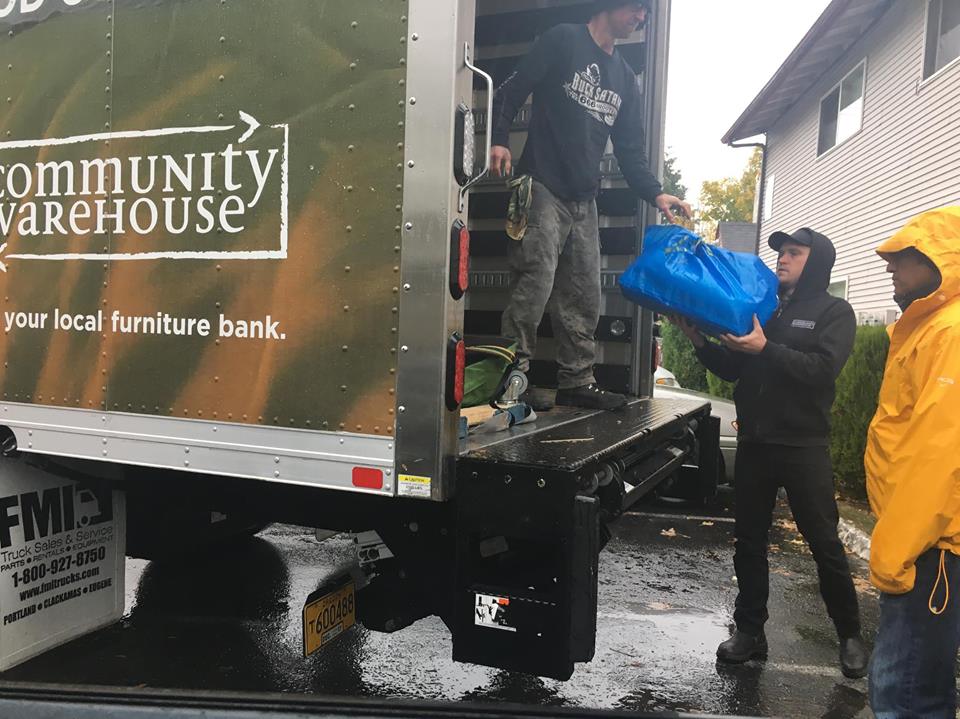
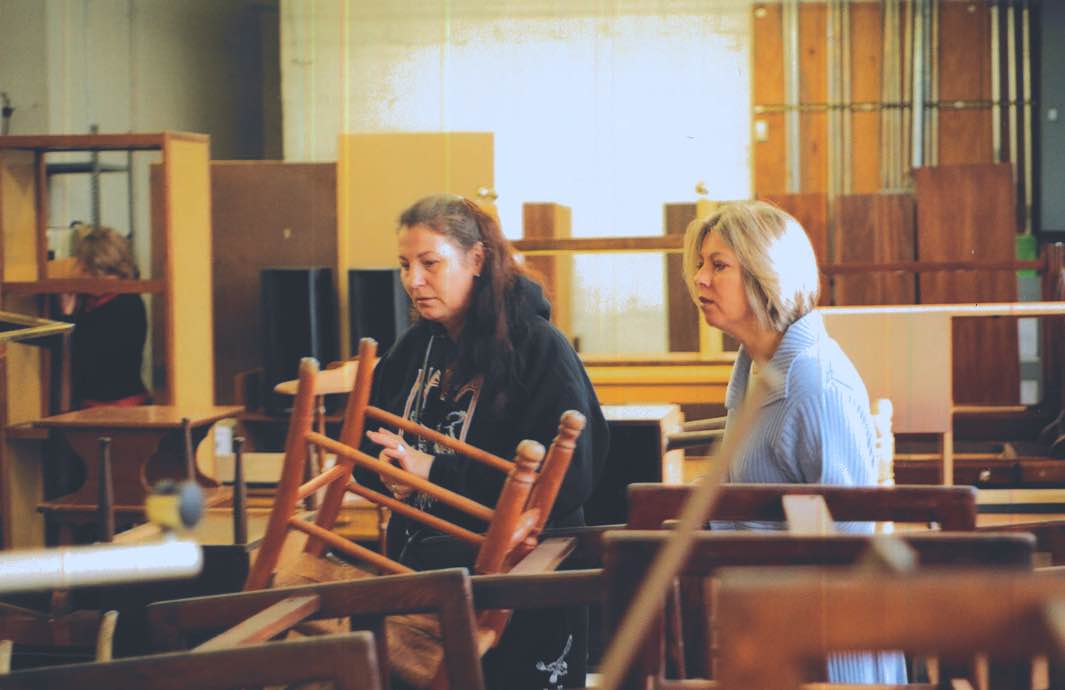
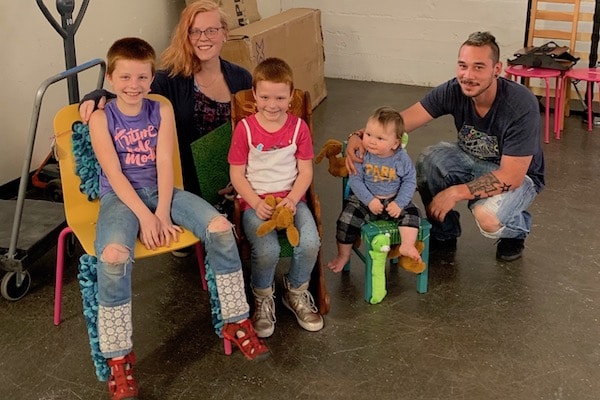
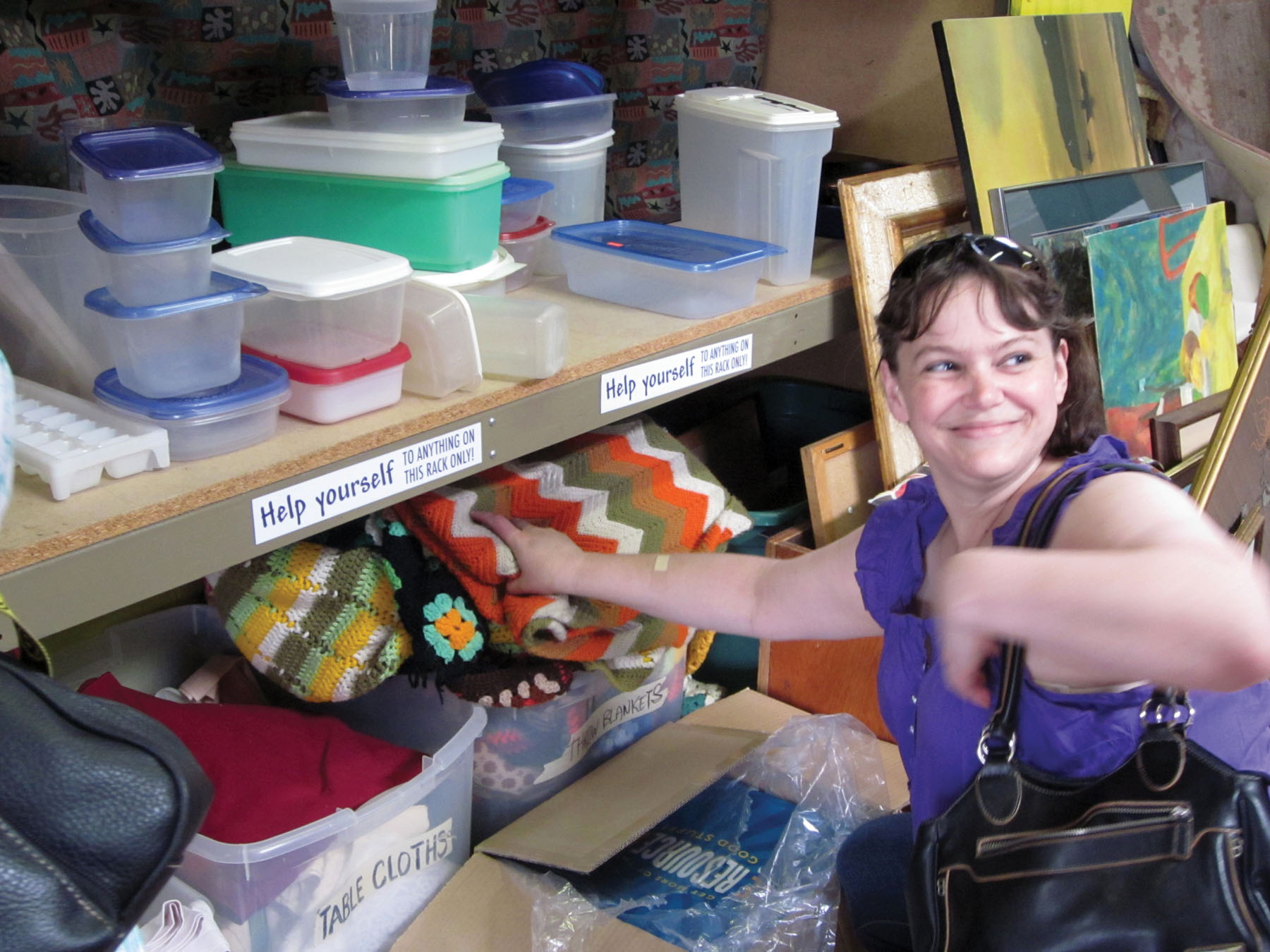
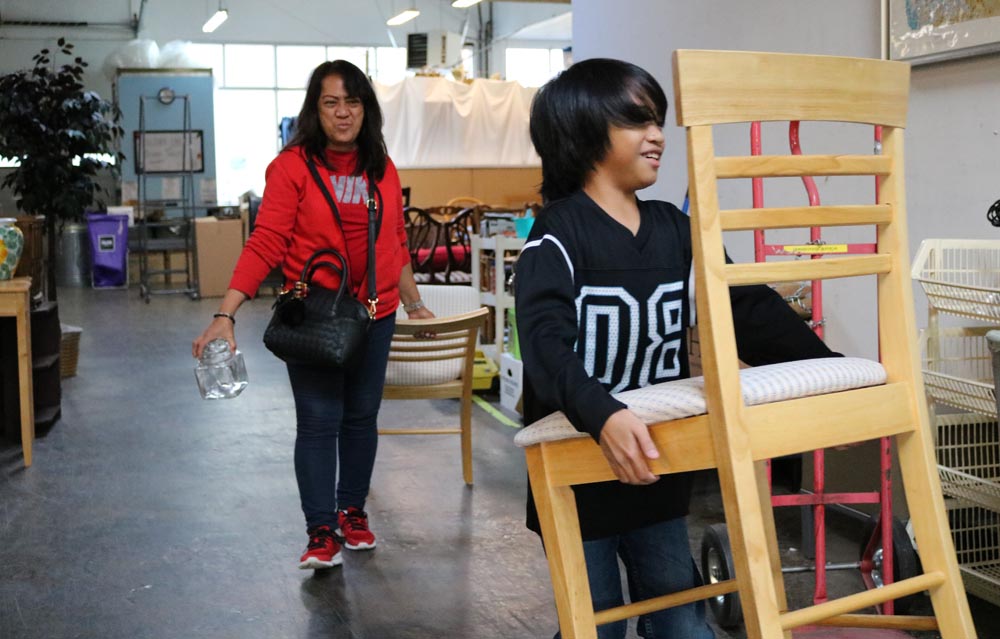
Get Involved
Check out all the ways you can join us in fulfilling our mission. Whether you’re a first time volunteer or a group looking to make a difference, we’ll welcome you with open arms and a smile.
Events
We love gathering stuff. We also love gathering community. Check out our upcoming events to have fun (always!), learn about our mission, and connect with our ever-growing community of supporters.
Success Stories
Behind every piece of furniture is a story. Read our impact stories to learn about how Community Warehouse is changing lives through furniture.
Together We Have Enough: Our Vision for the Future
Strategic Plan, 2023-2026
We’re here to tell a hopeful story. About a problem we can solve.
No home in our community should be empty. When it comes to furnishings, there are enough. And when it comes to people who care about their neighbors, there are more than enough.
Equity Lens
Community Warehouse uses an equity lens when making organizational decisions, which involves reflecting on a series of questions to ensure equity is prioritized throughout its process and outcomes.
Equity Lens Questions
1. What is our goal? Whare are the intended equity outcomes?
2. Who will be impacted by this decision/program/policy? How? Are they represented in the decision-making process?
3. Does this decision/program/policy advance equity? How?
4. What assumptions are we making – about people, systems, outcomes, intentions? Where might bias (conscious and unconscious) be showing up?
5. How will we know if we were successful?
6. What are our next steps?
Community Warehouse Non-Discrimination Statement
Community Warehouse does not and shall not discriminate on the basis of race, color, religion (creed), sex, gender, gender expression, age, national origin (ancestry), disability, marital status, sexual orientation, or military status, in any of its activities or operations.
Please review our complete Space Agreement and Discrimination Complaint and Compliance Review/Grievance Procedure here.








